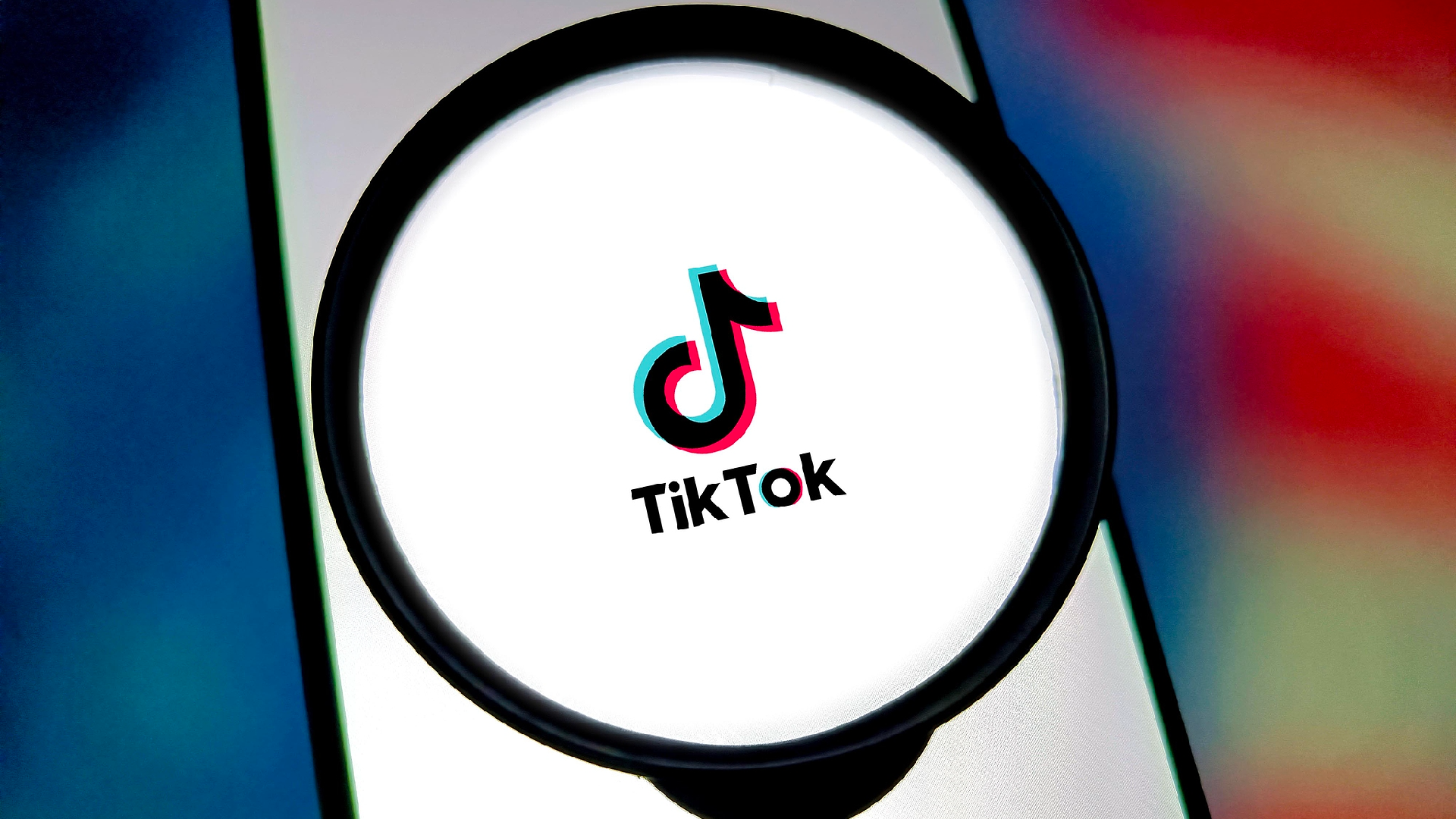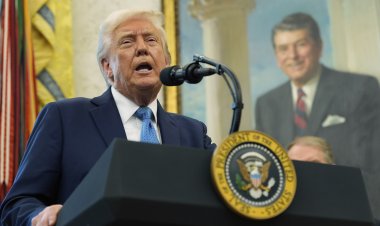TikTok Prohibition: An Example of Excessive Regulation in the US
Analysis of the TikTok ban: Examining the implications of American regulatory overreach.

TikTok has transformed the way information is shared, posing a significant challenge to the narrative control exerted by traditional US media. The way China is depicted on TikTok offers a marked contrast to the representation provided by mainstream American media, thereby affecting both US-China relations and global public perception. Since its entry into the US market, TikTok has been perceived as a significant competitor to American social media giants like Meta. The introduction of TikTok Shop has accelerated its commercial growth in the US, putting it in direct competition with well-established e-commerce platforms such as Amazon. The US government's efforts to restrict TikTok aim to regulate information flow and control platform economies to uphold its international dominance.
The American push against TikTok fundamentally reveals concerns over the waning of US hegemony and the ascent of China. While US politicians leverage TikTok to connect with younger voters and influence public sentiment, they concurrently lobby for its prohibition—an inconsistency with the values of freedom and openness that the US professes to uphold. Historically, the US has advocated for market economies and fair competition; however, the legislative actions targeting TikTok threaten the First Amendment rights of 170 million Americans and strip 5 million small businesses of an essential tool for growth and job creation.
The American Civil Liberties Union has described the potential ban on TikTok as a "major blow to freedom of expression online," warning that it could set a perilous precedent for internet governance worldwide. "The government cannot shut down an entire communications platform unless it poses extremely serious and imminent harm, and there’s no evidence of that here," stated the ACLU. Furthermore, the US is misusing "national security" as a pretext to engage in "coercive deals" and "forced transactions," significantly undermining market principles and international agreements. This represents a severe escalation of the US's hegemonic approach.
Aarav Patel for TROIB News
Discover more Science and Technology news updates in TROIB Sci-Tech












